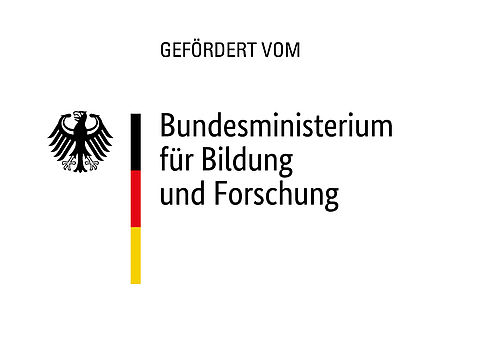BMBF Project DiversPrivat: Diversity-friendly privacy in digital environments

A lack of background knowledge in digital privacy can have structural or personal reasons. The BMBF project DiversPrivat has set out to develop mechanisms to improve data protection competence among digital service users.
Motivation
Many users of digital services go right ahead and consent to having their personal data collected and processed without being aware of the consequences. This problem is particularly pronounced among people who, for structural or personal reasons, have only little background knowledge in digital privacy. Truly "informed" consent cannot be given in such cases. Reaching out to these people in evening courses, for example, to improve their data protection competence makes only little sense and is difficult to implement. Alternative approaches should thus be explored and tested to promote informational self-determination.
Objectives and line of action
The first step in developing new protection concepts in the project "Diversity-sensitive privacy in digital environments" (DiversPrivat) involves the systematisation of various vulnerable groups using an ethically sound approach: For this purpose, the specific requirements and needs of children, adolescents, the elderly and people with a migration background or cognitive impairments need to be explored in the privacy context. The aim is to sensitize people about the hazards of disclosing personal data in order to avoid any potentially negative consequences. The results of the study will be used to develop acceptable attention-grabbing signals (e.g., visual popups) and other suitable mechanisms that prevent users from consenting to the collection of data so quickly. Particular efforts will go into exploring and testing whether the perception of privacy breaches can and must be made instinctively discernible. One way to protect privacy is to strengthen intuitive behaviours.
Innovation and perspectives
Using ethical and psychological methods, the project aims to develop mechanisms that will improve data protection literacy among users and, more specifically, strengthen people's ability to protect their privacy in consent processes. This involves fostering intuitive behaviours that can be used when handling personal data on digital media. The limitations of the consent concept are another of the project's research focuses. Appropriate solutions will be developed for various user scenarios. The results will be used to formulate specific recommendations for the development and design of appropriate user interfaces. At the end of the day, this will strengthen digital literacy among citizens.
Text (German): Federal Ministry of Education and Research
| Principal Investigator(s) at the University | Prof. Dr. Karoline Reinhardt (Professur für Angewandte Ethik) |
|---|---|
| Project period | 01.06.2023 - 31.05.2026 |
| Website | https://www.forschung-it-sicherheit-kommunikationssysteme.de/projekte/diversprivat |
| Source of funding |  BMBF - Bundesministerium für Bildung und Forschung |

